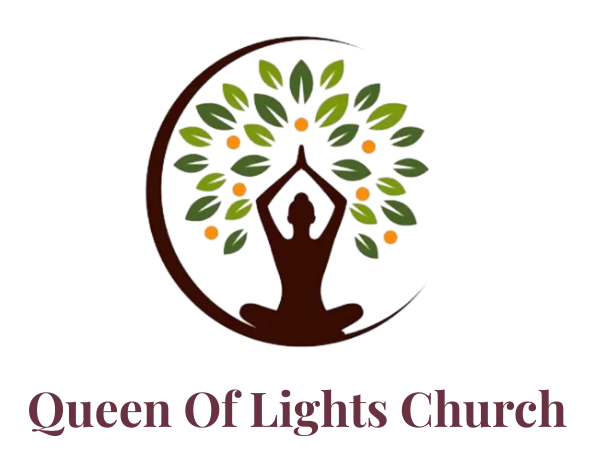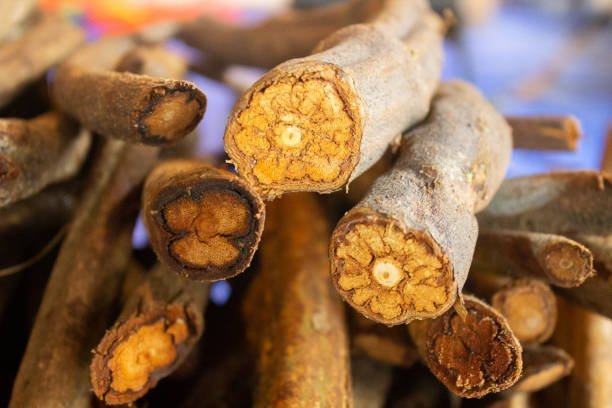In a world where modern medicine often falls short, many individuals embark on a different kind of healing journey that involves exploring plant medicines’ power. In this fast-paced society, the prevalence of depression has reached alarming heights, leaving many searching for alternative methods to find relief and regain a sense of self-awareness. Enter the world of plant medicines – a realm where ancient wisdom meets modern science, offering a glimmer of hope for those seeking transformative healing experiences. Through the use of carefully selected plants and herbs, individuals are discovering a profound connection between nature and their mental well-being. Join us as we embark on a journey through the landscapes of plant medicines, uncovering the hidden gems that hold the potential to heal and transform our lives. Together, let’s delve into the fascinating world of plant medicines and discover their profound impact on our journey to self-awareness and healing from depression. Join Now!!! The History and Cultural Significance of Plant Medicines Plant medicines have been used for centuries across various cultures for their healing properties. Indigenous tribes, such as the Amazonian shamans, have long understood plants’ power in promoting physical, mental, and spiritual well-being. These ancient healing practices have recently gained mainstream attention, with more people seeking alternative forms of therapy. Plant medicines, also known as entheogens, have been used in traditional ceremonies and rituals to treat various ailments, including depression. The knowledge and wisdom associated with using these plants have been passed down from generation to generation, preserving their cultural significance. The use of plant medicines is not limited to indigenous cultures. Ancient civilizations, including the Egyptians, Greeks, and Chinese, also recognized the therapeutic benefits of plant-based remedies. These civilizations developed sophisticated systems of medicine that incorporated the use of herbs, plants, and other natural substances. Even today, plant medicines, such as Ayurveda and Traditional Chinese Medicine, are vital in traditional medicine practices. Throughout history, plant medicines have been revered for their ability to heal the physical body, mind, and spirit. The use of these medicines is deeply rooted in a holistic approach to wellness, recognizing the interconnectedness of all aspects of our being. As we explore the power of plant medicines in the context of depression, we begin to understand their potential to address the underlying causes of this complex condition. Types of Plant Medicines Commonly Used for Depression Regarding plant medicines for depression, several notable options have gained recognition for their therapeutic effects. One such plant is St. John’s Wort (Hypericum perforatum), a well-known herb that has been used for centuries to alleviate symptoms of depression. St. John’s Wort contains compounds believed to increase serotonin, dopamine, and norepinephrine levels in the brain, which are neurotransmitters associated with mood regulation. Studies have shown that St. John’s Wort can be as effective as certain antidepressant medications, making it a popular choice for those seeking a natural alternative. Another plant medicine that has gained attention in recent years is Ayahuasca, a potent entheogenic brew used in traditional Amazonian ceremonies. Ayahuasca contains a combination of plants, including Banisteriopsis caapi and Psychotria viridis, which create a powerful psychedelic experience together. Ayahuasca is known for its ability to induce deep introspection and spiritual insights, often leading to profound emotional healing. Many individuals have reported transformative experiences with Ayahuasca, claiming that it has helped them gain a new perspective and relieve their depressive symptoms. In addition to St. John’s Wort and Ayahuasca, other plant medicines commonly used for depression include CBD (Cannabidiol) derived from hemp or cannabis, psilocybin mushrooms, and kratom. Each of these plant medicines offers a unique approach to healing, and their effects can vary from person to person. It is important to note that using these substances should always be done under the guidance of trained professionals and in a safe and supportive environment. How Plant Medicines Work to Heal Depression The mechanisms by which plant medicines heal depression are still being studied and understood. However, several theories and research findings illuminate their potential therapeutic effects. Among many plant medicines, one common thread is their ability to modulate brain chemistry and promote neuroplasticity. St. John’s Wort, for example, is believed to work by inhibiting the reuptake of serotonin, dopamine, and norepinephrine, thereby increasing their availability in the brain. Serotonin, in particular, is known as the “feel-good” neurotransmitter and plays a crucial role in regulating mood. By increasing serotonin levels, St. John’s Wort may help alleviate symptoms of depression and improve overall well-being. On the other hand, Ayahuasca works through a combination of chemical compounds that interact with serotonin receptors in the brain. This interaction leads to altered states of consciousness and can facilitate deep emotional processing. The psychedelic experience induced by Ayahuasca often brings suppressed emotions and traumas to the surface, allowing individuals to confront and heal these underlying issues. CBD, another plant medicine gaining popularity, interacts with the endocannabinoid system in the body, which regulates mood, sleep, and appetite. CBD has been shown to have anxiolytic and antidepressant effects, potentially promoting a sense of calm and well-being. While the exact mechanisms of action may vary, plant medicines for depression often work holistically, targeting the symptoms and underlying causes of the condition. By addressing the root causes, these medicines have the potential to provide long-lasting relief and promote proper healing. Personal Stories of Individuals Who Have Found Healing Through Plant Medicines The power of plant medicines to heal and transform lives can be seen through the personal stories of individuals who have embarked on this journey. Countless testimonials and accounts highlight plant medicines’ profound impact on their mental well-being and overall quality of life. One such story is that of Sarah, who struggled with depression for years, trying various medications and therapies unsuccessfully. Frustrated with the lack of results, she turned to Ayahuasca as a last resort. Sarah experienced a deep sense of connectedness and clarity during her Ayahuasca ceremony. She could confront her past traumas and release the emotional baggage weighing her down for years. After the ceremony, Sarah





